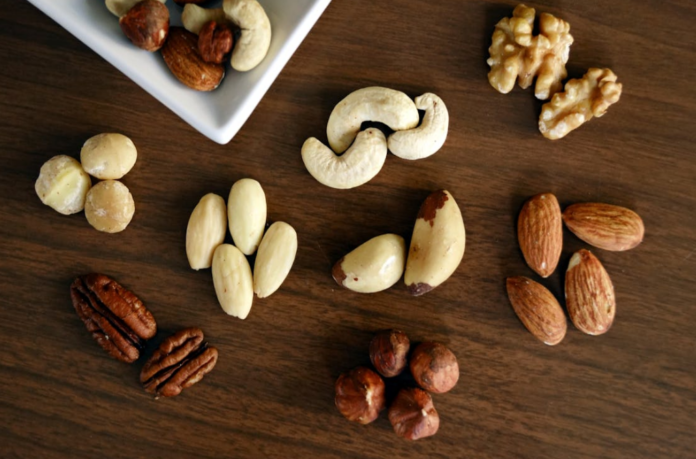In today’s fast-paced world, where stress and anxiety are commonplace, achieving mental balance has become increasingly challenging. However, mindfulness, an ancient practice with roots in Buddhist meditation, has emerged as a powerful tool for enhancing mental health and fostering a balanced life. Mindfulness involves paying deliberate attention to the present moment, with acceptance and without judgment. This simple yet profound practice can significantly improve mental well-being, reduce stress, and promote overall health.
Understanding Mindfulness
Mindfulness is the practice of being fully engaged in the present moment. It means observing your thoughts, feelings, and bodily sensations without getting caught up in them or judging them. By cultivating a mindful approach, individuals can become more aware of their inner experiences and reactions, allowing them to respond to situations with greater clarity and calmness. Mindfulness can be practiced formally through meditation or informally by incorporating mindful awareness into daily activities.
The Connection Between Mindfulness and Mental Health
Research has shown that mindfulness can have a profound impact on mental health. Here are several ways mindfulness contributes to mental well-being:
- Reduces Stress and Anxiety: Mindfulness helps individuals break the cycle of chronic stress and anxiety by encouraging them to focus on the present rather than worrying about the past or future. Regular mindfulness practice has been shown to reduce the production of cortisol, the stress hormone, and promote relaxation.
- Improves Emotional Regulation: By increasing self-awareness, mindfulness helps individuals recognize and understand their emotions without being overwhelmed by them. This leads to better emotional regulation and the ability to respond to challenging situations with a calm and balanced mindset.
- Enhances Focus and Concentration: Mindfulness trains the brain to stay focused on the task at hand, improving concentration and productivity. This is particularly beneficial in a world filled with distractions.
- Promotes Self-Compassion: Mindfulness encourages a non-judgmental attitude towards oneself, fostering self-compassion and reducing self-criticism. This is crucial for mental health, as it helps individuals treat themselves with kindness and understanding.
- Boosts Resilience: By developing a mindful approach, individuals can build resilience to cope with life’s ups and downs. Mindfulness helps people stay grounded during difficult times and recover more quickly from setbacks.
Techniques for Practicing Mindfulness
There are various techniques to cultivate mindfulness, each offering unique benefits. Here are some effective methods:
- Mindful Breathing: This simple practice involves focusing on the breath. Sit comfortably, close your eyes, and bring your attention to your breathing. Notice the sensation of the air entering and leaving your nostrils. When your mind wanders, gently bring your focus back to your breath. This practice helps anchor you in the present moment and calms the mind.
- Body Scan Meditation: This technique involves paying attention to different parts of your body, from head to toe. Lie down or sit comfortably, and mentally scan each part of your body, noticing any sensations or tension. This practice promotes relaxation and helps you become more aware of bodily sensations.
- Mindful Walking: This involves walking slowly and deliberately, paying attention to the movement of your legs and feet, the sensation of the ground beneath you, and your surroundings. This practice helps you connect with your body and the present moment.
- Mindful Eating: Engage your senses while eating by noticing the colors, textures, and flavors of your food. Chew slowly and savor each bite. This practice can enhance your appreciation of food and improve your relationship with eating.
- Loving-Kindness Meditation: This practice involves generating feelings of compassion and kindness towards yourself and others. Sit comfortably, close your eyes, and silently repeat phrases such as “May I be happy, may I be healthy, may I live with ease.” Gradually extend these wishes to others, including loved ones, acquaintances, and even people you find challenging.
- Mindfulness in Daily Activities: Incorporate mindfulness into routine activities such as washing dishes, taking a shower, or brushing your teeth. Pay attention to the sensations, sounds, and movements involved in each activity. This helps turn mundane tasks into opportunities for mindfulness practice.
Incorporating Mindfulness into Daily Life
To experience the full benefits of mindfulness, it’s essential to incorporate it into your daily routine. Here are some tips to help you get started:
- Start Small: Begin with just a few minutes of mindfulness practice each day and gradually increase the duration as you become more comfortable.
- Create a Routine: Set aside a specific time each day for mindfulness practice. Consistency is key to forming a new habit.
- Be Patient: Mindfulness is a skill that takes time to develop. Be patient with yourself and recognize that progress may be gradual.
- Use Resources: There are many resources available to help you practice mindfulness, including books, apps, and guided meditations. Explore different options to find what works best for you.
- Join a Community: Consider joining a mindfulness group or class to connect with others who are also practicing mindfulness. This can provide support and encouragement.
Conclusion
Mindfulness is a powerful tool for improving mental health and achieving a balanced life. By cultivating present-moment awareness and a non-judgmental attitude, individuals can reduce stress, enhance emotional regulation, and foster resilience. Whether through formal meditation or incorporating mindfulness into daily activities, the practice offers numerous benefits for mental and emotional well-being. As mindfulness becomes a regular part of your routine, you may find yourself more centered, calm, and better equipped to navigate the challenges of life.















